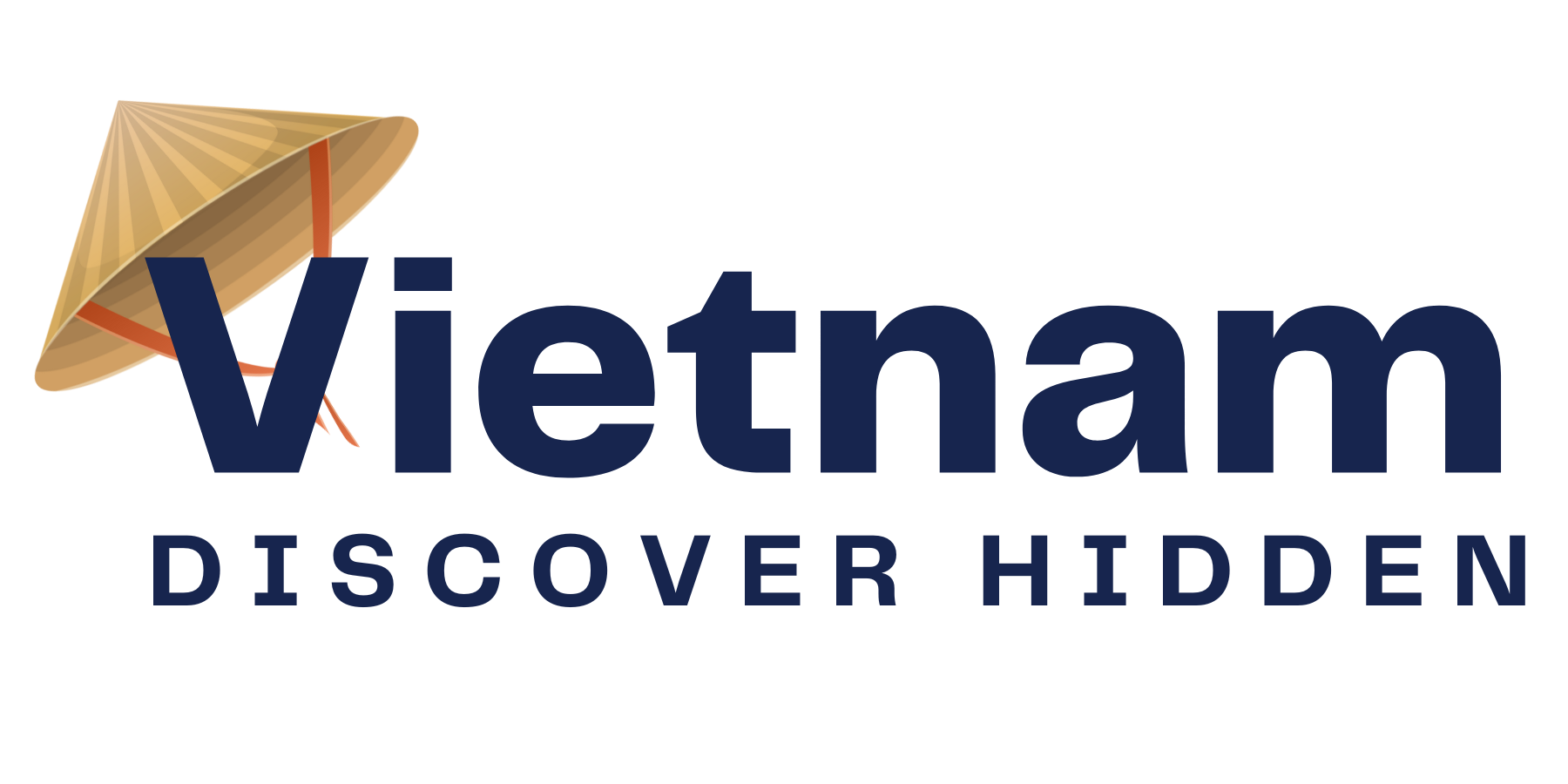Are you planning a trip to Vietnam? That’s awesome!
Vietnam is a beautiful country full of amazing sights, delicious food, and friendly people.
But before you pack your bags, there are a few things you should know to make your trip as smooth and enjoyable as possible.
Contents
1. Visa Requirements
First things first, let’s talk about visas. Depending on where you’re from, you might need to apply for a visa before you visit Vietnam. Many travelers can use the e-Visa system, which is super convenient.
This digital visa, valid for up to 90 days, is available for single or multiple entries and can be easily applied for online.
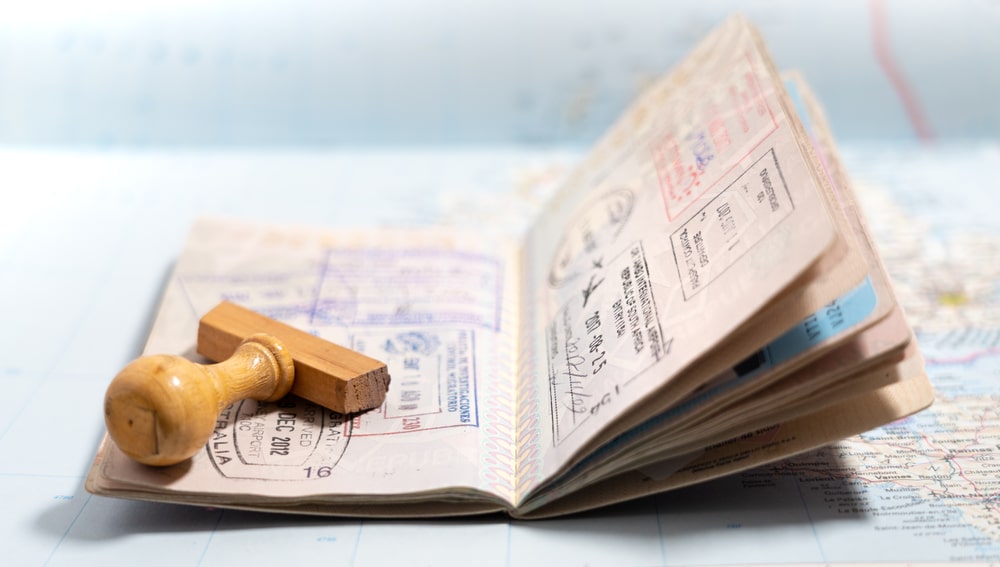
Eligible travelers with a valid passport can apply and typically receive their e-visa via email within a few days. Options include a single-entry visa for 25 USD and a multiple-entry visa for 50 USD, both extendable once in Vietnam.
Additionally, Vietnam offers a Visa on Arrival at major airports, with terms varying based on visa type. For more detailed info, check out our helpful guide: Visa Guide.
2. Currency and Cash
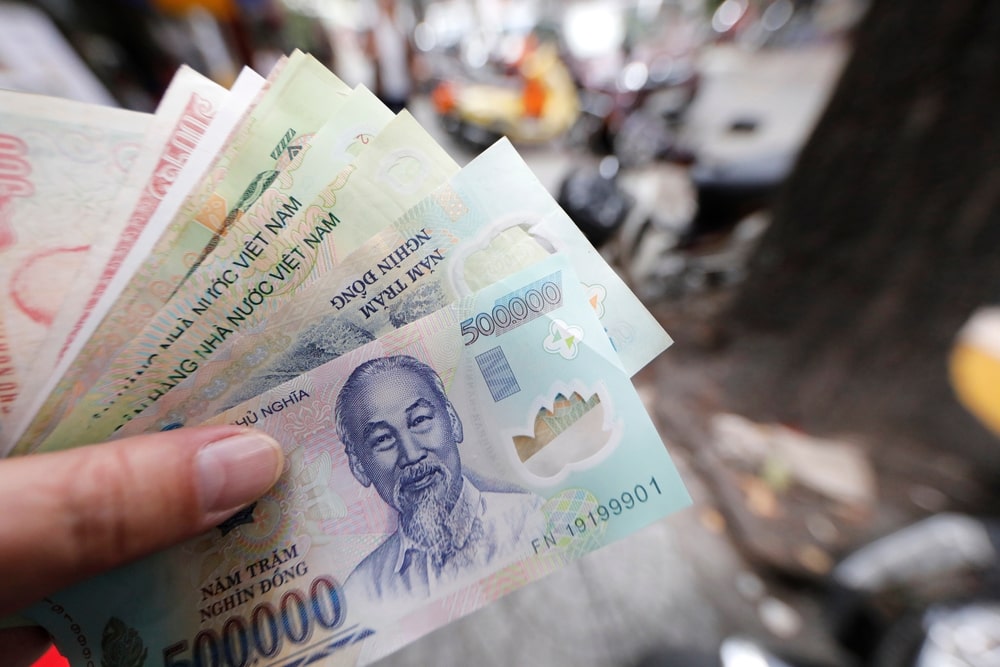
The local currency is the Vietnamese Dong (VND). While credit cards are accepted in major cities, cash is king in rural areas, so always have some on hand.
Vietnamese Dong comes in many denominations, sometimes leading to confusion. Familiarize yourself with the notes to avoid accidentally overpaying.
3. Language Barrier
Not everyone speaks English, especially outside the big cities. Learning a few Vietnamese phrases can really help! Check out some handy phrases here: Vietnamese Phrases for Tourists.
Simple gestures like using both hands when giving or receiving something, or bowing your head slightly as a sign of respect, can go a long way in showing your respect for the culture.

4. Street Food
Vietnamese street food is a highlight for any traveler, offering a delicious and affordable culinary experience. From the famous Pho and Banh Mi to regional specialties like Bun Cha and Banh Xeo, each dish is a flavor adventure. Meals are budget-friendly, often costing just a few dollars for a fulfilling experience.
Hygiene is important when exploring street food options. Look for busy stalls with a high turnover, as this often means the food is fresh and of good quality. Stalls favored by locals are usually a safe bet for both deliciousness and cleanliness.
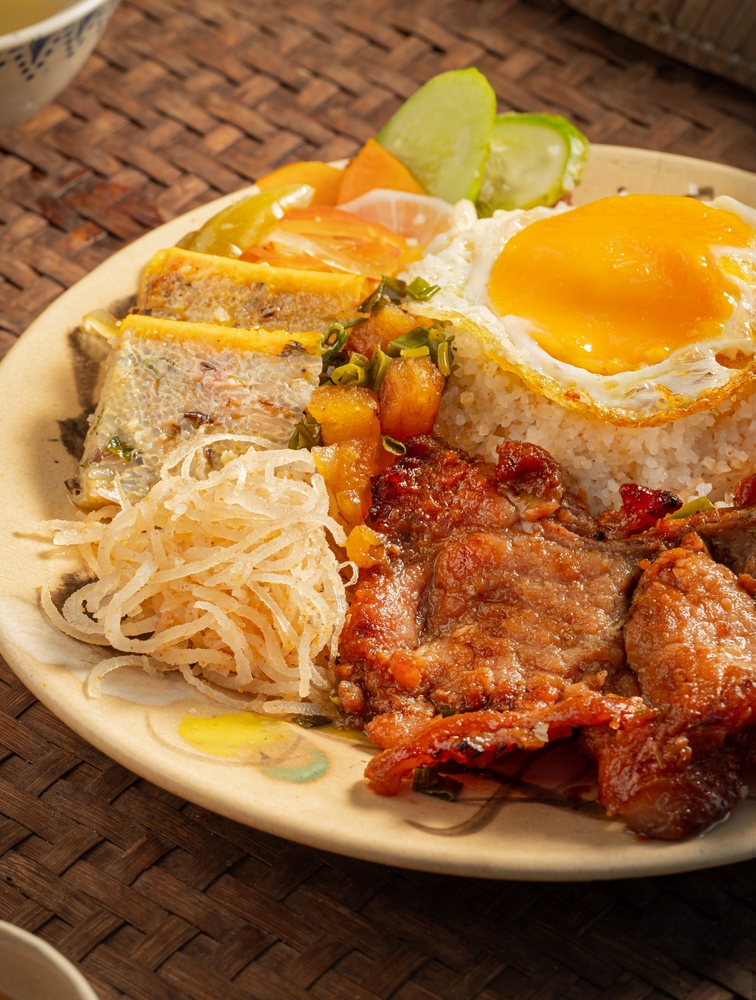
Embrace the variety and don’t hesitate to try new dishes. Each region in Vietnam offers its own unique culinary delights. And remember, while street food is part of the adventure, it’s wise to drink bottled water and be cautious with ice.
5. Weather Variations
Vietnam’s climate varies from north to south. The north has distinct winter and summer seasons, while the south is warm year-round. Check the weather for your specific destinations and travel time.
Pack Light and Practical
Lightweight and breathable clothing is ideal due to the humid climate. Also, pack comfortable walking shoes for exploration.
Drinking Water
It’s advisable to drink bottled water rather than tap water. Also, be cautious with ice in drinks outside reputable restaurants or hotels.
6. Transportation
Traffic can be chaotic, especially in big cities like Hanoi and Ho Chi Minh City. Motorbikes are the most common mode of transport. Be careful when crossing streets and consider using ride-hailing apps for convenience.
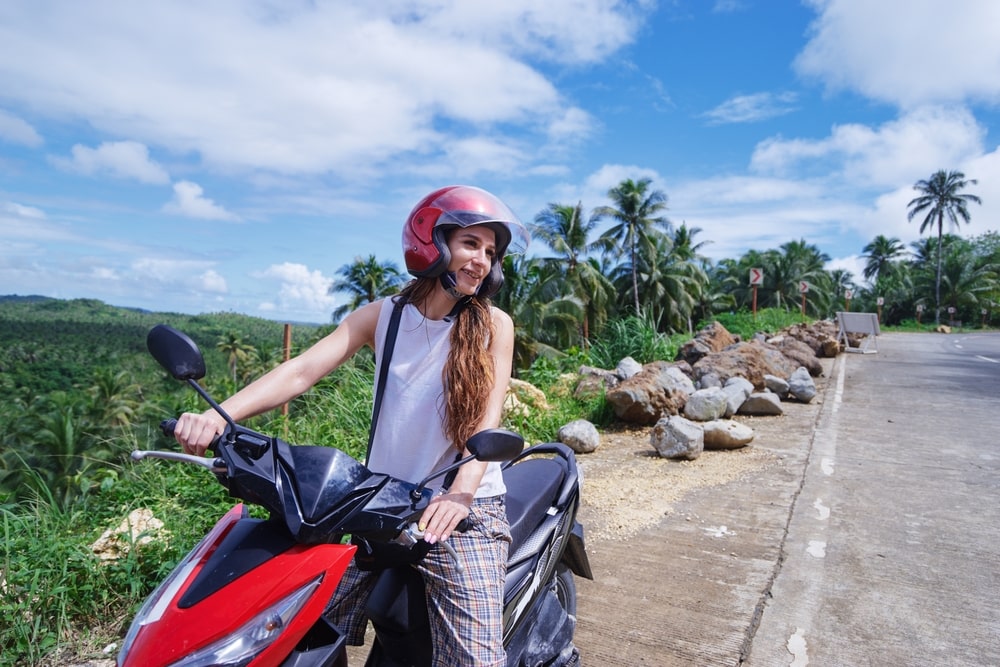
Use apps like Grab for transportation and Google Maps for navigation. They are incredibly helpful in cities where language barriers exist.
7. Accommodation Variety
Vietnam caters to all types of travelers with its diverse range of accommodations, from budget-friendly hostels to luxurious resorts. Whether you’re a backpacker or seeking a lavish getaway, there’s something for every preference and budget.
Booking your stay online can often secure better deals compared to on-the-spot walk-in rates. Utilizing apps like Agoda and Airbnb not only provides convenience but also a variety of options to suit your specific needs and budget.
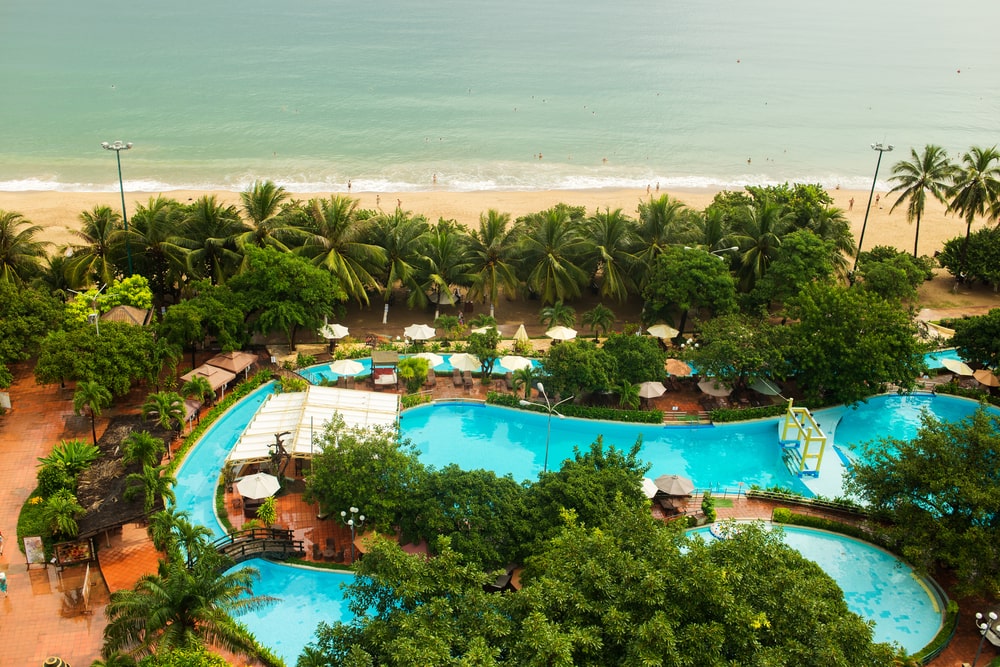
When selecting accommodations, consider location, amenities, and reviews from previous guests. Staying well-informed can significantly enhance your travel experience, ensuring comfort and convenience throughout your stay in Vietnam.
8. Bargaining Culture
Bargaining is an integral part of the shopping culture in Vietnam, particularly in markets and street shops. It’s a playful yet respectful practice that enhances the buying experience.
When visiting popular markets like Ben Thanh in Saigon, negotiation is expected, and it’s customary to start at a lower price and find a middle ground.
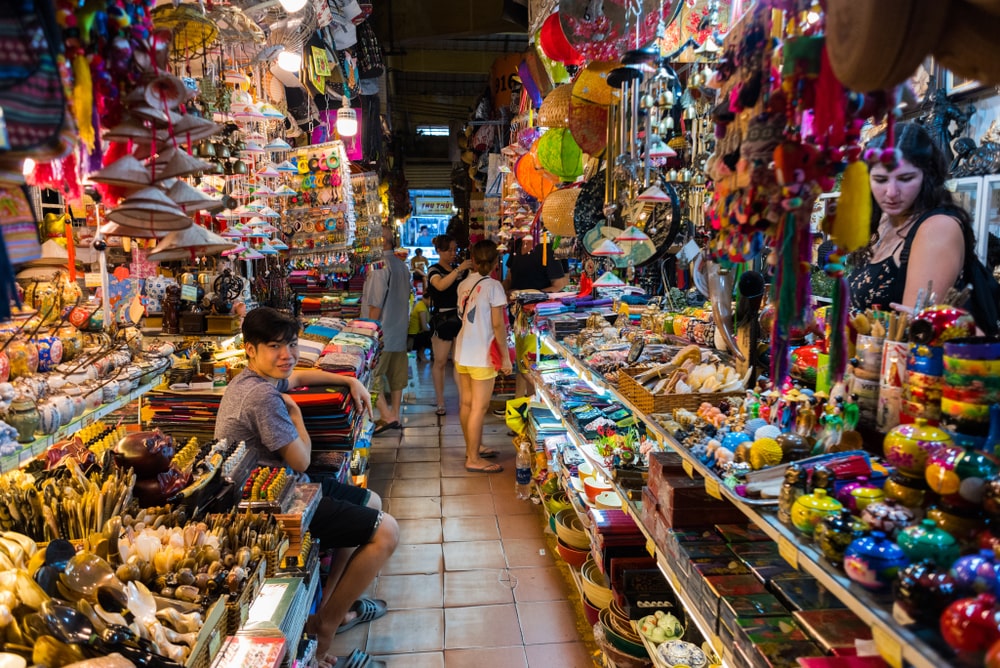
9. Cultural Etiquette
Understanding and respecting local customs is crucial while traveling in Vietnam. When visiting sacred places like temples, it’s important to dress modestly. Additionally, it’s customary to remove shoes when entering someone’s home, and while public displays of affection are generally acceptable, it’s advisable to keep them modest.
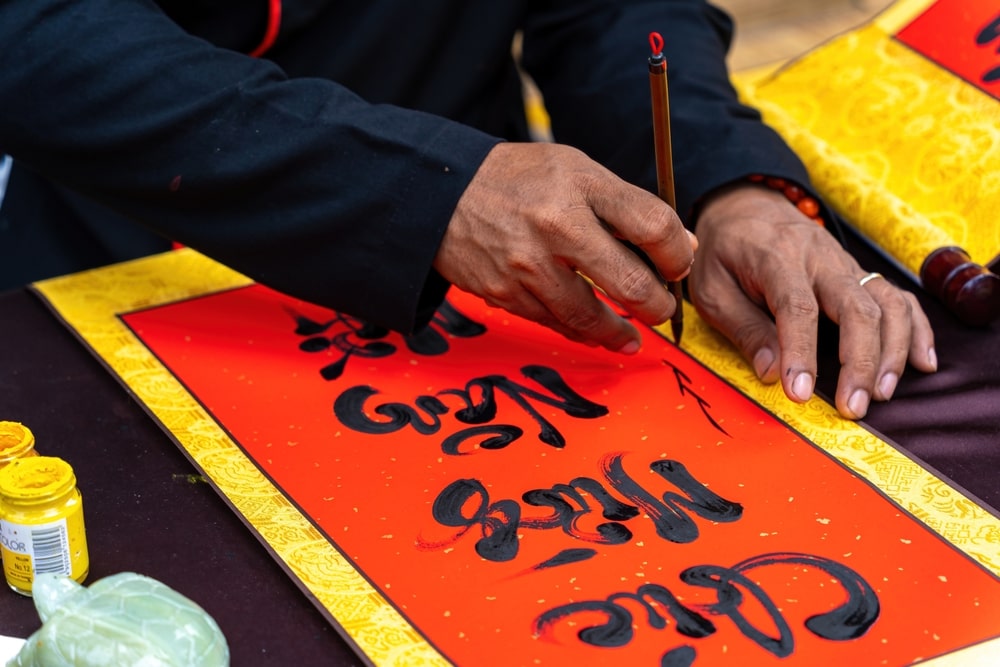
Experiencing local festivals can be a highlight of your trip. Tet, the Lunar New Year, is the most significant festival in Vietnam. However, keep in mind that during this period, many shops and restaurants may close as people celebrate with their families. This is a wonderful time to see the rich cultural traditions of Vietnam, but planning ahead is essential during festival times.
10. Internet Access
In Vietnam, finding Wi-Fi is easy as it’s available in most hotels, cafes, and restaurants.
For constant connectivity, purchasing a local SIM card for mobile data is both affordable and convenient.
Connectivity and Charging Devices
The country uses type A, C, and D power sockets, so carrying a universal adapter is a wise decision. This ensures you can charge your devices anywhere without hassle.
Voltage Specifications
The standard voltage in Vietnam is 220V with a frequency of 50Hz. It’s important to check your devices for compatibility to avoid any damage.
11. Safety
Vietnam is generally safe for travelers. However, be mindful of your belongings in crowded places to avoid pickpocketing, and be wary of scams in tourist areas.
Know the local emergency numbers. The general emergency number is 113, with 114 for fire and 115 for medical emergencies.
12. Bonus
Photography Etiquette
Always ask for permission before taking photos of people, especially in ethnic minority areas. Some places may charge a small fee for photography.
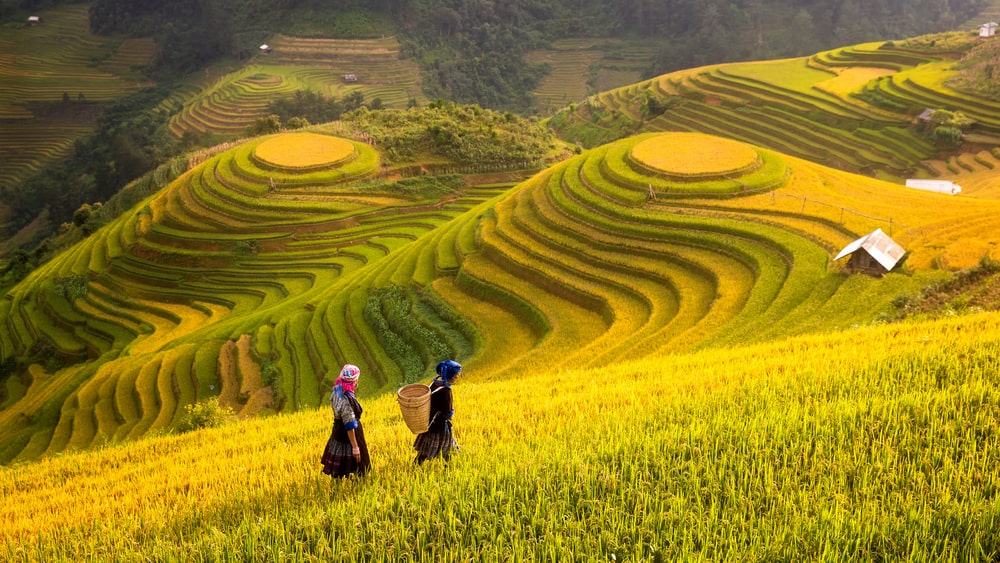
Tipping Culture
Tipping isn’t traditionally expected in Vietnam, but it’s appreciated, especially in the tourism and service industries. Small tips for good service can make a difference.
Useful Apps
Download useful apps such as Grab (for transport), Zalo (popular local messaging app), and Foody (for finding restaurants).
